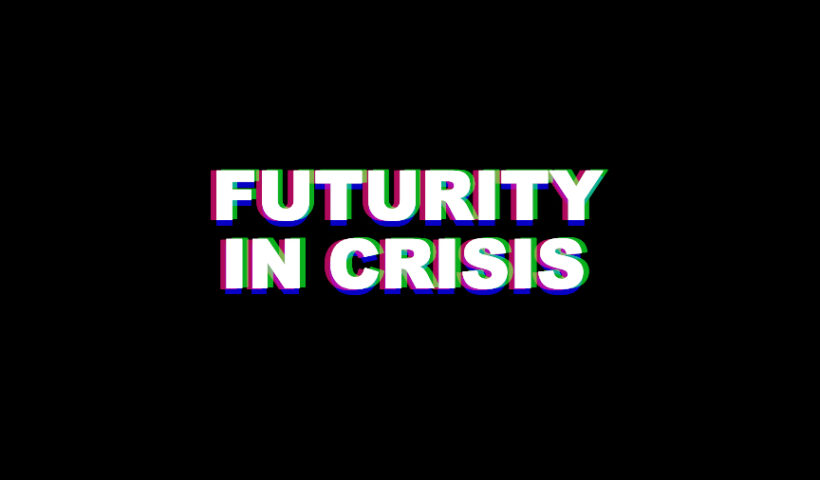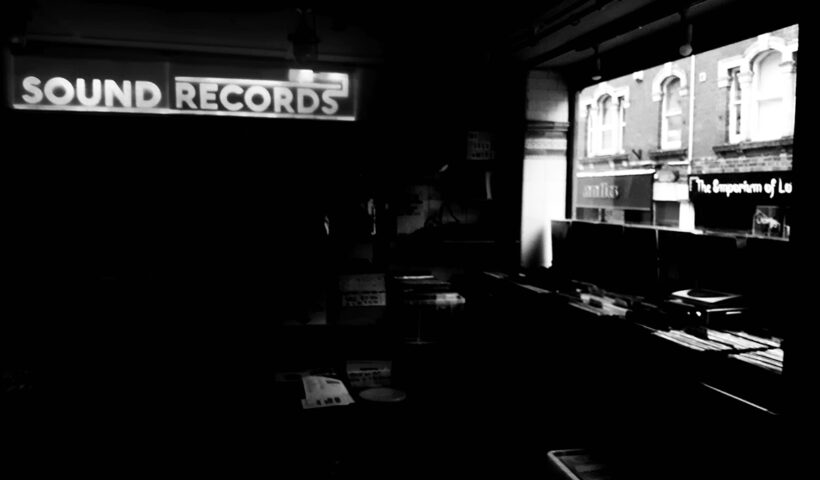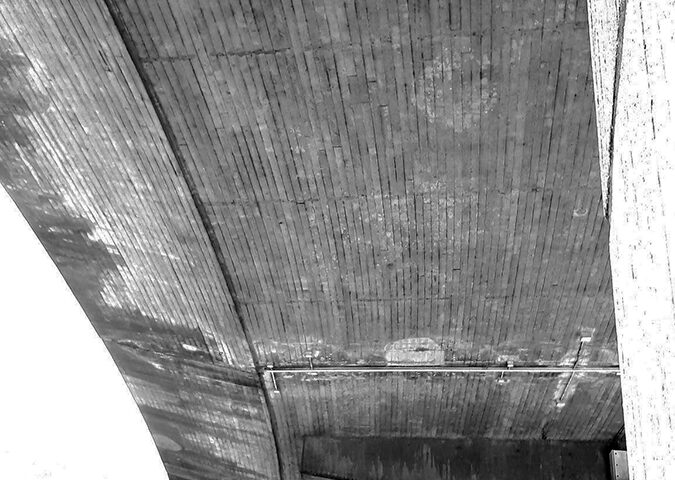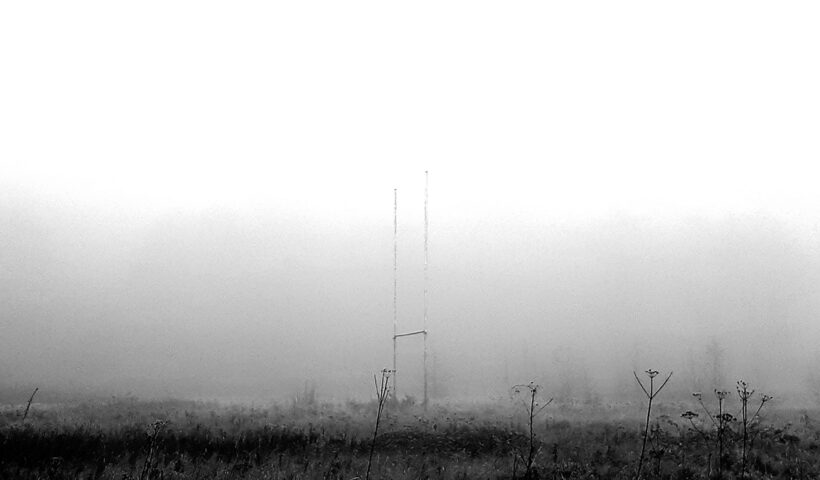Special Issue: Futurity in Crisis Editors: Niall Gallen, Josie Lilley-Byrne, Arzu Bali and Benjamin Horn There is perhaps no bigger concern in the contemporary moment…
View More Alluvium Editorial 9.3: Futurity in CrisisCategory: Issue 9.3 – Special Issue “Futurity in Crisis”
From Predictive Product to Polyphonic Practices: Techniques of Futuring Beyond Business-as-Usual
In this essay I outline the origins of the feeling that the future has been stolen, by showing that rather than having been taken away, it is more the case that we have been peddled a singular, monolithic future—a future of business-as-usual, both literally and figuratively—whose contradictions have become impossible to ignore. I illustrate this hegemony by reference to the development of positivist models and methods of futurity in the corporate sector; to the traducement of social-scientific approaches to futuring and utopianism, in the academy and beyond; and to the emergence and mainstreaming of environmental issues.
View More From Predictive Product to Polyphonic Practices: Techniques of Futuring Beyond Business-as-UsualProcedural Futurism in Climate Change Videogames
Videogames enjoy a privileged relationship with futurity. No other media formats ‘have the same kind of relationship [with] pure, speculative desire that games do’ writes Cameron Kunzelman in Vice. Their affinity with science fiction technologies. Other arguments about the relationship between futurity and videogames argue that something more fundamental is at play, owing specifically to the kind of reversible, branching temporality engendered in videogames. I call this temporality procedural futurism, using a term modelled after Ian Bogost’s notion of procedural rhetoric, to highlight a kind of if/then thinking that is at work in videogames. For Bogost, the constraints and pathways of videogame procedures contain arguments about how the world is, or should, work.
View More Procedural Futurism in Climate Change VideogamesArchived Futures: Digging In The Crates Of Always
In a recent short story/essay, Anarchic Artificial Intelligence, Louis Chude-Sokei considers the role of memory and history in formulating conceptions of futurity. Through the lens of emerging artificial intelligence (AI), Chude-Sokei illustrates how representations of potential futures remain tethered to our interactions with the past, retaining the power to reproduce and reinforce existing inequalities and power structures. In previous work, Chude-Sokei has drawn on depictions of robots and automata in cultural works to illustrate the gendered and racialized understandings of artificial life within Western conceptions of modernity. Using Caribbean sound cultures as a central reference, he charts the complex inter-relationship between machinic innovation and human power relations, illuminating porous borders between the human and non/in-human. Cultural production, and more specifically the production of sound, is centred as a vital (but not exclusive) sign of both humanity and intelligence. “They communicated in codes so powerful that their masters heard something like intelligence in the music they made” (Chude-Sokei n.pag.).
View More Archived Futures: Digging In The Crates Of Always‘The Future Starts With An Image’: Wanuri Kahiu’s Pumzi (2009)
Using Wanuri Kahiu’s film Pumzi (2009), I will demonstrate how fiction has become an increasingly important tool for mobilising different political imaginaries beyond the predatory futurist projections of neoliberal capitalism. At a time when many contemporary commentators remain critical of Afrofuturism’s sustained diasporic parochialism (Okorafor “Africanfuturism Defined”; and, “African Science Fiction is Still Alien”), there is good reason to investigate how African filmmakers, such as Kahiu, are producing alternate image-worlds in order to disrupt, reimagine, and reconfigure the confines of what appears possible in the space-time of the future. By thinking in, with, and through the image-world that Kahiu constructs, this paper amplifies the generative capacity of Afrofuturist fiction, that is: the way in which their imagined spatialities mobilise a capacity for alternate modes of being and becoming beyond the parameters of their textual form.
View More ‘The Future Starts With An Image’: Wanuri Kahiu’s Pumzi (2009)Aristocratic Realism: Within and Against Feudalism in English Future Fiction
After forty years of neoliberalism, it might be expected that dystopian imaginaries of future Englands would be determined by capitalist realism. If, as Mark Fisher notes, the dominant economic coordinates of actually existing society have ‘colonized the dreaming life of the population’ (8), then the future promises more of the same: commodification, inequality, precarity. However, in this article, I argue that visions of turbocharged neoliberalism in the English context are often accompanied by the rejuvenation of an older, feudal tendency. The peculiar form of gentlemanly capitalism that has developed in England, where the rising bourgeoisie never toppled the old aristocracy, is registered in speculative images of the country’s future. Feudalism and neoliberalism jostle together, each reforming and changing the other.
View More Aristocratic Realism: Within and Against Feudalism in English Future FictionEducation, a Monstrous Thief of the Future
Long has it been known that the future is cancelled. This doomed fate claimed by Fisher, and indeed others, has only solidified amidst climate crises, right-wing political control, and post-pandemic uncertainty. More and more, it seems that both metaphorically and literally there is no future to come, at least not in the dominant imagination of western politics and culture.1 This is troubling, of course, but not simply because the future has been stolen. It is troubling because something ‘out there’ in the abyss of reality has the agency to steal our futurity. Someone, something, an it, is a thief of time. Temporality has been infected, seized upon and warped; only a monstrous being could do such a thing.
View More Education, a Monstrous Thief of the FutureLay Down And Rot: Incels and Lost Futures
In this essay, we examine an alternative contemporary narrative of foreclosed futures that is shared by members of the Incel (involuntary celibate) community. Incel is one node in the Manosphere, a loosely affiliated online network of groups who share concerns about men and masculinity. Deeply fatalistic, Incel consists of a community of largely young men who share a belief that all but the most attractive men have no chance of future happiness or romantic love, due to the skewing of “dating markets” in favour of women (Price 247).
View More Lay Down And Rot: Incels and Lost Futures







